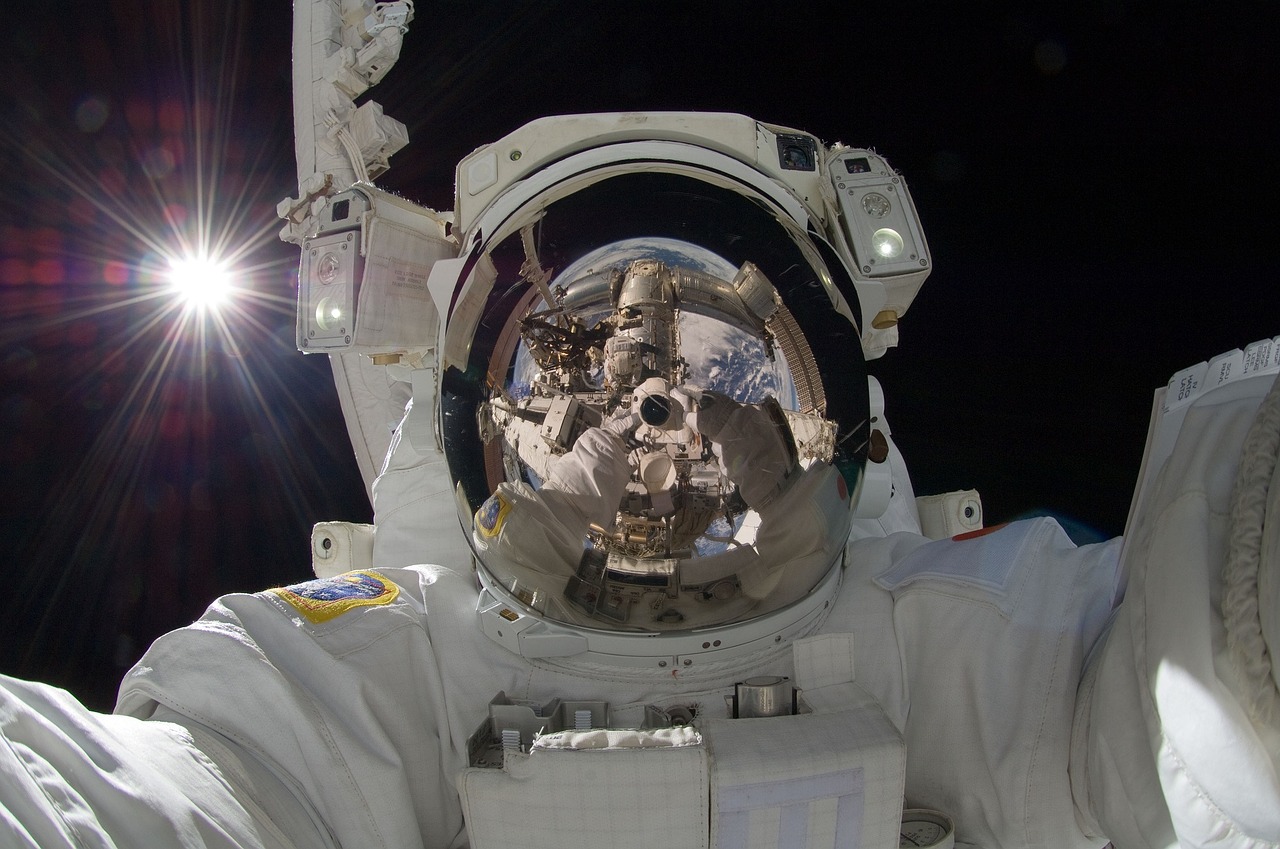Staying in space means floating in zero gravity, which can put a squeeze on the human brain, a study says.
Researchers used magnetic resonance imaging to scan the brains of astronauts before and after they had been on extended space missions. The MRI scans showed brain changes in most of the astronauts who had come back from long-term spaceflight missions, CNN reports.
Rachael Seidler, a professor at the University of Florida’s department of applied physiology and kinesiology, said, “There appears to be increased cerebrospinal fluid and an upward shift of the brain within the skull.” Seidler was not involved in this study, but participated in similar ones before.
She added, “Similar to our recent findings, there are spaceflight duration effects. This additional cerebrospinal fluid ‘squeezes’ the brain, making the space between brain regions appear smaller. It will be important to follow this up with additional studies to examine how long lasting these changes are.”
Cerebrospinal fluid helps the brain maintain normal function, and any disruptions in its balance can causes changes in brain function, said Donna Roberts, lead author of the study and associate professor at the Medical University of South Carolina.
Roberts said, “We hypothesize that upward brain shift and expansion of tissue along the top of the brain may in result in compression of adjacent venous structures along the top of the head. While we cannot prove it yet, we suspect that this may ultimately result in a decrease in the outflow of (cerebrospinal fluid) and blood from the head.”
Astronauts experience a shift in the fluid when they enter zero gravity. Though the body adjusts to microgravity pretty quickly, there are other issues within the first few days because of a phenomenon wherein the head naturally tilts downward at an angle of 12 to 20 degrees, causing disorientation.
John Charles, NASA’s Human Research Program associate manager for international science, said,
As soon as you arrive in weightlessness, the fluids start shifting in your body from the lower part of your body into the upper part of your body.
Because of this, “Your organs of balance and your inner ear immediately sense there’s no gravity pulling down on them anymore.”
Astronauts call this Bird Leg Syndrome, because the shift causes puffy faces and thin legs. Space motion sickness affects around 79% of astronauts in the first 24 to 48 hours, with symptoms such as vomiting, dizziness and loss of appetite.
Roberts said, “We don’t know if these changes will continue to worsen with mission duration or if they may eventually reach a plateau. Our results highlight the importance of brain imaging of astronauts on long-duration missions, not only when they return to Earth but also over time back on Earth to assess whether or not these structural changes are persistent or return to baseline.”
The study was published in the New England Journal of Medicine.
























